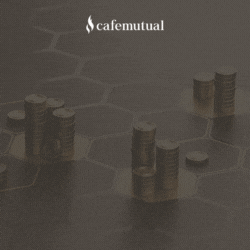From October 19, fund houses could levy graded exit load on liquid fund investors who exit the scheme within 7 days. This means, investors redeeming after a day will have to pay more exit load than the investors redeeming it on the seventh day.
SEBI has allowed fund houses to impose exit load of 0.007% on investors if they redeem their investment within a day. The load reduces to 0.0065% on day two; 0.006% on day three, 0.0055% on day four; 0.005% on day five; 0.0045% on day six and 0% from the seventh day onwards.
Experts feel that the move could discourage many institutional investors to invest in liquid funds. Instead, Institutional players could look at overnight funds for parking their money.
It is pertinent to note that around 16% of the MF industry's AUM lies with liquid funds. As on September, while AUM of the MF industry stood at Rs.24.50 lakh crore, AUM of liquid funds was Rs.3.88 lakh crore.
Fund managers pointed out that nearly 25-30% of money flowing into liquid funds moves out within the first seven days. Moreover, imposition of exit load would reduce volatility of liquid fund AUM. This could give the fund manager leeway to take a broader call on rates without worrying about the daily redemptions in the fund due to volatility of daily returns.
Mahendra Kumar Jajoo - Head - Fixed Income, Mirae Asset MF said, “Investors who deploy money in liquid funds with an investment horizon of a couple of days will have to realign their investment strategy.” He further said that around 25% of the overall liquid fund AUM could shift to overnight funds.
Arvind Chari, Head – Fixed Income & Alternatives, Quantum MF said that most investors will now look at the return difference between overnight funds and liquid funds to park short term funds. He pointed out that if there is a significant shift to overnight funds from liquid funds, yield on overnight instruments could go down.
MF researcher Vidya Bala said that the rationale for this measure could be to discourage corporates from deploying money in liquid funds for a couple of days. “There is already a category called overnight funds to park money for 2-3 days. However, most corporates park their money in liquid funds in expectation of higher return,” Viday Bala said.
Debt guru Joydeep Sen had earlier said that this would go against the grain of the product. “Liquid fund is a cash management product. Hence, exit loads is undesirable.”
On reduction in cut off timing to 1.30 pm, Jajoo said that since collateral borrowing and lending obligation (CBLO) market closes on 2.30 pm, fund managers will have adequate time to deploy short term funds in the market.






